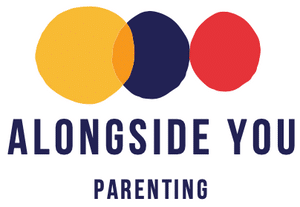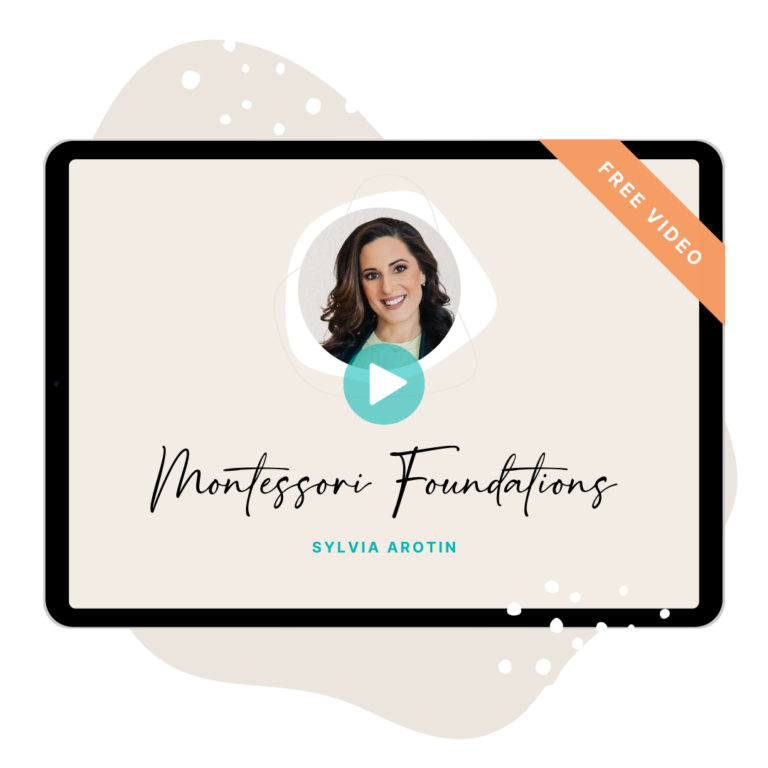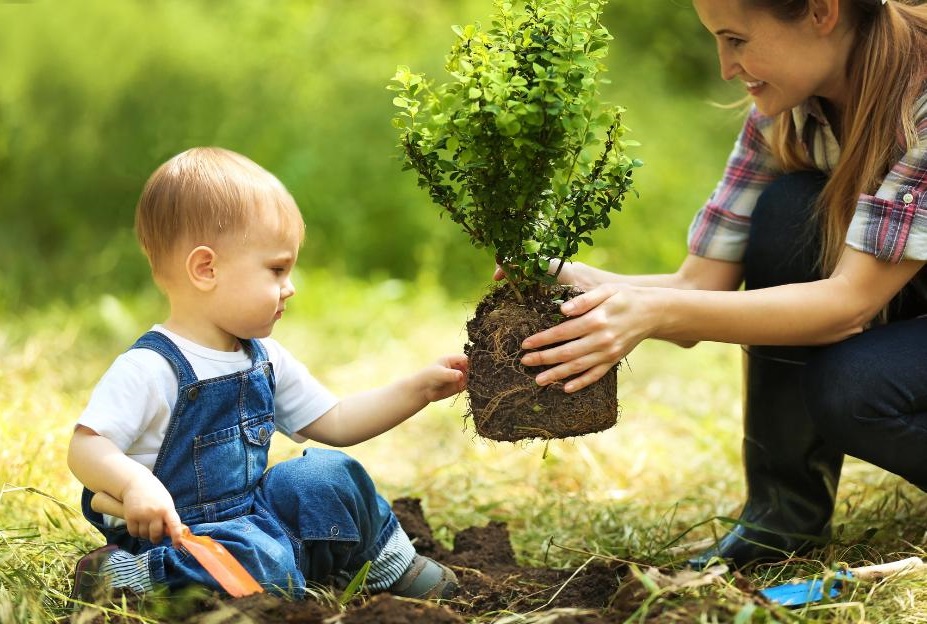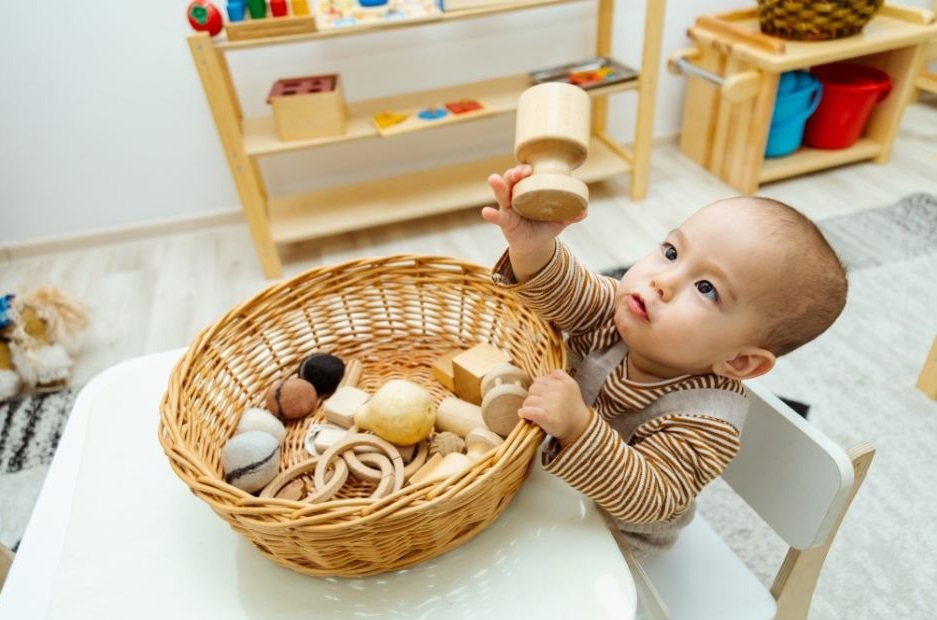You may be familiar with the term ‘sleep regression’. It is often defined as a period of worsening sleep. For parents it can mean frustration, confusion and lack of sleep. Everything seemed to be going fairly ok with your child’s sleep and then seemingly out of the blue everything has changed.
You might find your baby:
- wakes more frequently during the night,
- is harder to settle,
- wakes earlier in the morning,
- wakes upset, more cranky
- clingy during the day,
- does not sleep for as long
All of these things are normal. There could also be changes in their naps, including resisting a nap, waking early from a nap or not napping for as long. Sometimes parents think this is a sign that the child is ready to drop the nap, but this may not be the case and the changes should be considered in a wider context.
The term ‘regression’ implies the loss of a previously acquired skill and people use this term when referring to sleep because the sleep gets worse. While there is no evidence to suggest that your baby’s sleep is actually regressing, there is plenty of evidence that your baby’s sleep cycles are maturing and this can be unsettling for babies.
Sleep regressions can also occur at times of increased development – rolling, babbling, crawling, pulling up, walking as well as developing an understanding of object permanence which can be linked to separation anxiety. During these times your baby is so focused on practicing their new skills that sleep becomes less of a priority.
So while you may feel like your baby’s sleep is going backwards your baby is actually progressing and the sleep disturbances are due to natural, healthy developmental changes.
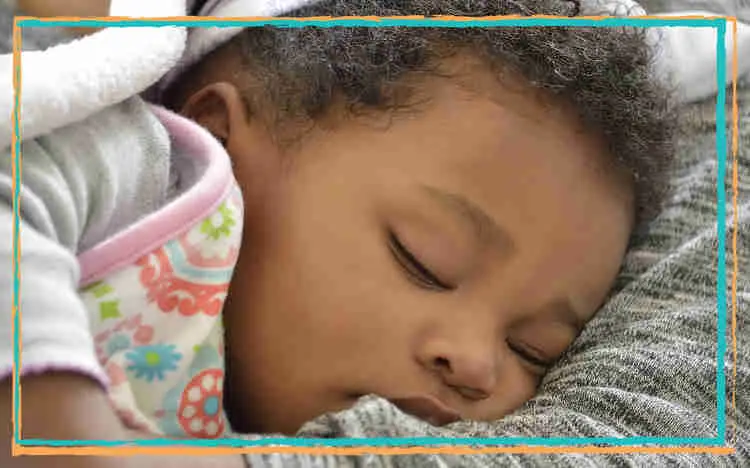
When do these changes happen?
Changes in sleep can be common around the following times, but remember that each child is different so changes in your child may come earlier, later or not at all.
Four Months
There is so much happening for babies at this age. Some parents described it as the end of the newborn phase. Development is rapid and includes changes in their movement, language and socially. It sometimes feels like at the end of the day your baby is different to when you work up that morning.
Your baby may start rolling, babbling, reaching, grasping, interacting more with you and others around them. They will be starting to become more social and feeding may become harder as they get distracted with everything else that is going on.
Their sleep cycle is also changing which will have an effect on their sleep behaviour. A newborn will go from awake to asleep via REM (dreaming) sleep. This means that they can often fall asleep easily, by being rocked, fed, or a little bit of movement. Their sleep cycle is also very short. Any time from around 3 months their sleep cycle will mature and they will go from awake to asleep via a completely different new state of light sleep that they have not experienced before. This new light sleep will feel unfamiliar to your baby and they may struggle to ‘switch off’ and fall asleep.
Also, around this time a baby’s sleep needs begin to change and they may not need as much sleep during the day or they may be able to stay awake for longer periods. It’s a time of great and exciting changes.

Eight Months
Your baby at eight months might be crawling or slithering, pulling up to cruise or stand, babbling (even more), clapping their hands, waving, and using their hands in new ways. They may also be starting to understand the concept of object permanence, the understanding that something exists even when it can’t be seen. This understanding can lead to separation anxiety as they begin to realise that when you aren’t with them, they are somewhere without you! This can be distressing for your baby. Your baby may also decide they have a preference for one parent – which is normal around this age, but can make settling difficult as it will fall to one parent.
Changes to sleep needs are also happening around this time and your child may be ready to drop their mid-afternoon nap which could mean the schedule that was working so perfectly needs to be fiddled with.
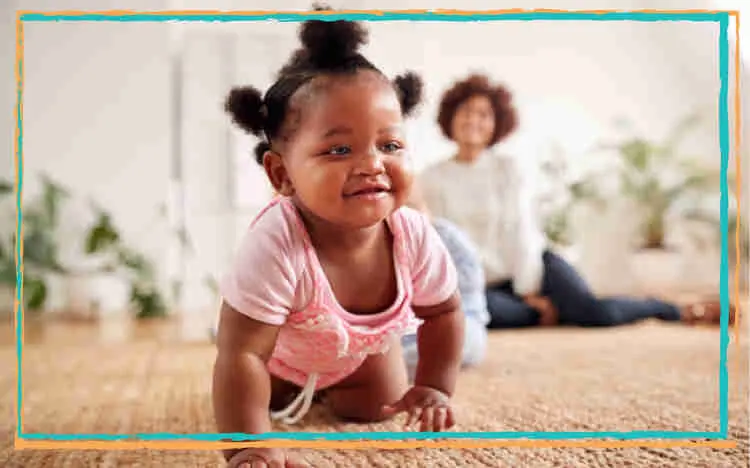
Twelve Months or Eighteen Months
Sleep may also be affected around 12 or 18 months. Your child may begin walking and this incredible new skill means they can move and explore their environment in a way they’ve never been able to before. They may want to practice this all the time, even at night!
Maria Montessori and Sensitive Periods
Maria Montessori spoke about ‘sensitive periods’. This is a time when a child shows a particular interest towards one aspect of the environment and they are guided by this attraction rather than in control of it. Sensitive periods for a child under three include: social development, language, order, movement and refinement of the senses. Sensitive periods last for a limited period of time then disappear. The motivation comes from within – it is intrinsic, which allows the child to repeat. If the environment is right they can manifest in extreme behaviour. A sensitive period may also affect their sleep. Especially the sensitive period for movement and language. A child can’t help but roll, they are being pushed from within to the next step of their development. They must keep repeating the movement until it is mastered. The more intense a sensitive period is for the child, the more frustrating it can be for parents.
Explore the fundamentals of Montessori parenting with this free video by Sylvia Arotin, offering insights and strategies to empower and educate your child.

Sensitive periods and periods of development and change and be overwhelming for the child and also for the adult. These periods can last days or sometimes weeks. Providing an environment that is meeting the developmental needs of your child will help. For example space to move and practice their new skills, or time to express their new language skills, They will eventually end, though whilst you’re in it, it may feel everlasting.

There is no quick fix for these phases. Developmental changes can’t be stopped or slowed down. You also can’t prevent your baby’s sleep cycle from changing or how they will respond to these changes. It just comes down to the fact that there are bigger things happening than sleep, but here are a few tips:
- Keep Calm. Babies can sense when their parents are struggling or panicking. Try to remember that this phase will pass.
- Observe. Spend time observing your baby to identify the changes that are occurring. Consider if there are elements in the environment that need to be changed or updated to support these changes. For example, is there furniture in the way as they are trying to roll, are there opportunities to climb, do they have materials in their environment that they are no longer stimulated by? We must always be observing and adapting our environment in order to support our children. Children change quickly. The environment must always provide for optimal support for your child at every stage of their development.
- Re-evaluate their sleep needs. Less naps, shorter naps, change timings of the nap(s), later bedtime, earlier bedtime. Observe your child’s cues and try to be responsive to them.
- Maintain a predictable and consistent bedtime routine. Remember that a child under three has a very strong sense of order. The more consistent bedtime is the more effective it will be.
- Be responsive. During times of changes, parents may need to be more responsive and more present than usual. This can be tiring, but it is necessary. Your child only has their parents to meet their needs. To be able to do this parents will also need to meet their own needs. Make sure you are getting rest and time to recharge.
- Sleep transitions. Consider hovering nearby when you think your baby may startle awake, try laying a hand on them to stay asleep.
- Bad habits. Don’t worry about creating bad habits. Do what needs to be done to support your child during these phases.
- Do what feels right. Remember above all else to always do what feels right for you, your baby and your family. You know your child best and you’re doing a fantastic job.

A big special thanks to Melissa Chandler from Alongside You Parenting for this incredible article! For more information on what she does head to Alongside You Parenting on Facebook or have a look at www.alongsideyouparenting.com
